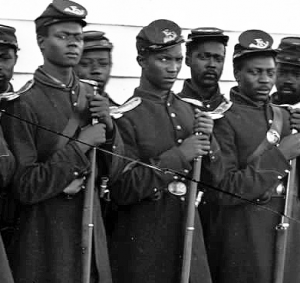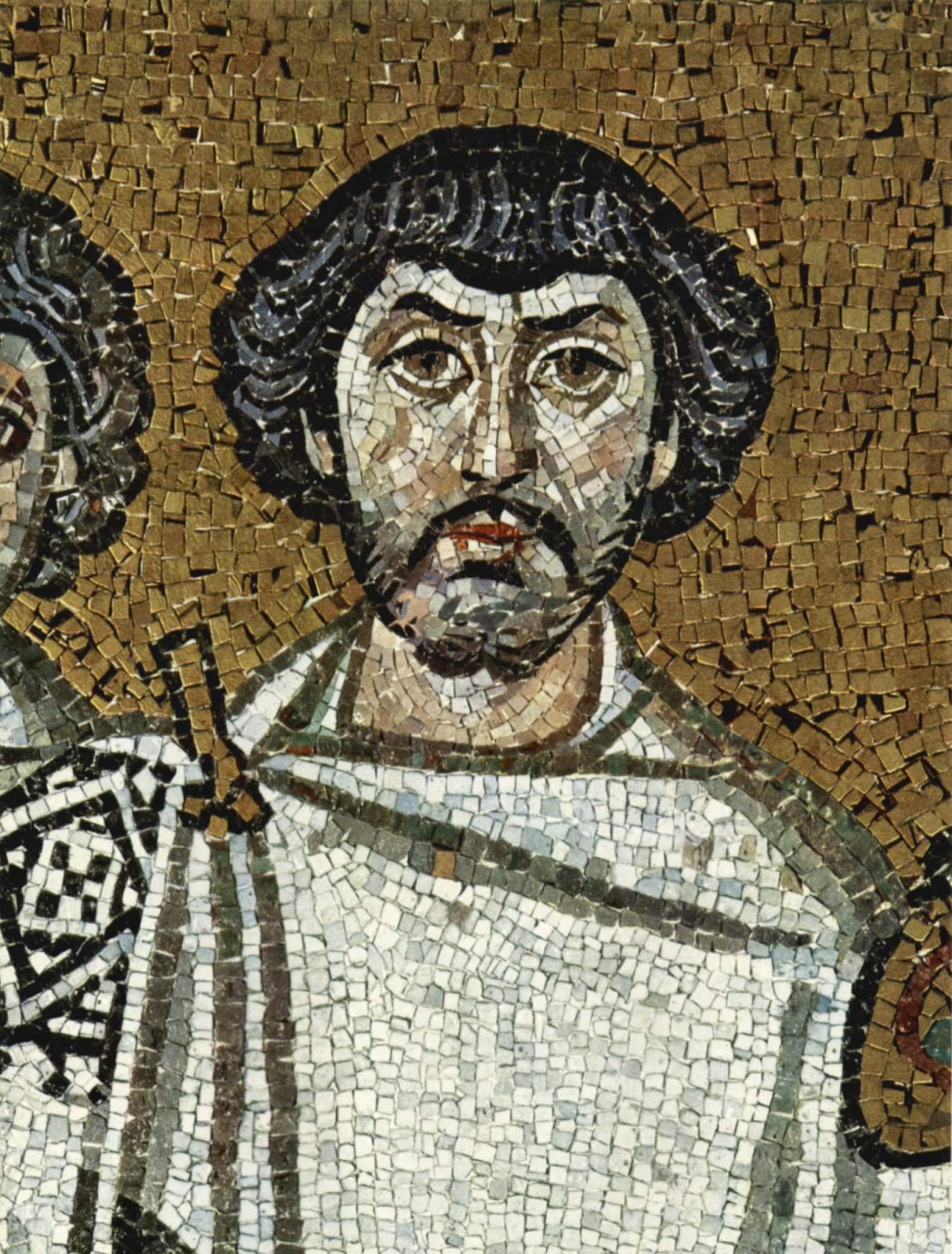MY BROTHER'S FACE: PORTRAITS of the CIVIL WAR in PHOTOGRAPHS, DIARIES, and LETTERS by Charles Phillips and Alan Axelord

Published in 1993 by Chronicle Books Designed to be a "coffee table book" rather than a thorough re-telling of the war, this history of the American Civil War is quite enjoyable. The strength of the book is immediately obvious - the gorgeous, large photographs of soldiers, sailors, spies and other participants in the events of the Civil War. I find that as I get older I catch myself looking at the faces of these people and wondering what life was like for them. Some of them look stiff and fake, but some, including a lot in this collection, imbue a sense of vitality, a sense that these were living, breathing people. Sometimes it is a smirk, or perhaps a look of unease. I simply love a picture that is used in this book of the 4th U.S. Colored Troops on p. 121. This is a close-up of the picture from the book. These men all have a look of confidence, determination and even distrust that speaks to us even more than 150 years later and exemplifies what a well-chosen picture can













